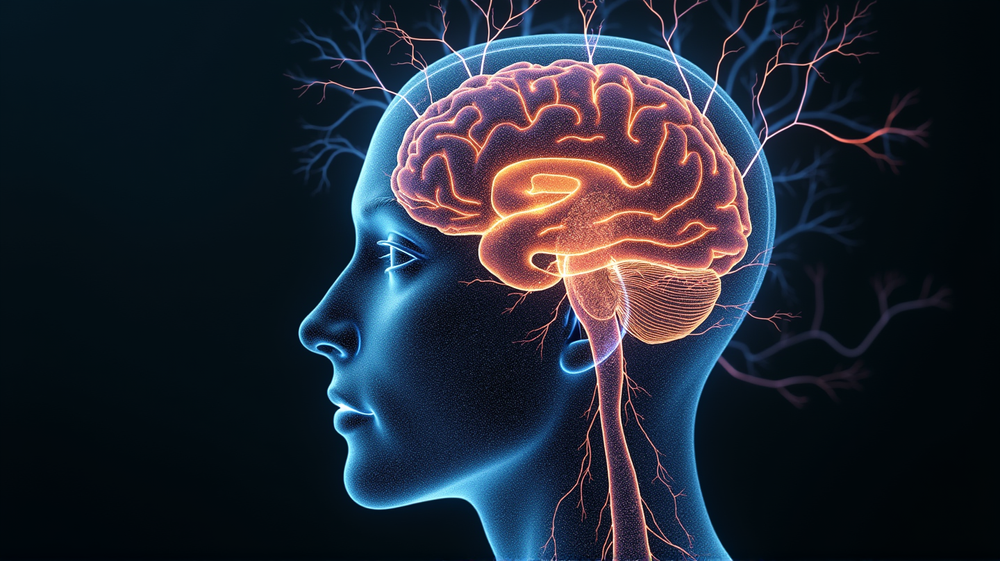Untangling Apathy's Mysteries: A Bold Leap for Parkinson’s Therapy
Imagine waking each day without the drive to pursue what once filled your life with meaning. For many with Parkinson’s disease, this apathy becomes a companion, subtle yet devastating—a thief in the night, stealing motivation. According to recent studies published in npj Parkinson’s Disease, the veil has finally been lifted from the complex neural ties binding apathy and self-awareness in these individuals.
Bridging the Gap: Neural Insights into Apathy
Apathy isn’t just a lack of motivation; it’s an intricate dance between the brain’s circuits. Researchers Conn, Suzuki, and Jin have embarked on a groundbreaking journey with advanced neuroimaging, uncovering how specific neural pathways—particularly the fronto-striatal circuits—hold the answers. These circuits blend motivation, executive function, and self-monitoring into a symphony of self-awareness, or, as their absence points to, its lack.
The Shadow of Unawareness
What makes these findings poignant is the revelation that some individuals are not aware of their apathy. Like a fog obscuring their internal landscape, this unawareness—a phenomenon akin to anosognosia—complicates detection and therapy. The study illuminates how weakened connectivity between the anterior cingulate cortex and ventral striatum could hinder patients from understanding their own motivational state.
Cognitive Clashes and Connectivity
The fallen leaves of diminished cognitive control seem to carpet the path towards apathy, laying bare the interplay between executive dysfunction and motivational self-reflection. As cognitive deficits deepen, they exacerbate apathy levels, creating a cycle that clouds self-awareness, challenging both patients and clinicians alike.
Towards Precision Therapies
With each revelation comes hope. Recognizing these neural underpinnings translates directly into therapeutic potential. Neurologists may soon wield targeted interventions—such as neuromodulation or pharmacological aids—to rekindle connection across these vital circuits, restoring not just motivation but patient insight.
A Wider Lens: Implications Beyond Parkinson’s
This study doesn’t just stop at Parkinson’s disease; it sets the stage for exploration across neurodegenerative and psychiatric disorders. Insights into neural modulation open windows into conditions such as Alzheimer’s and major depressive disorders, where similar shadows loom.
The Way Forward: Patient-Centered Approaches
Future pursuits inspired by these findings should track the arc of apathy self-awareness over time—transforming markers into guides, aiding therapeutic voyages. For caregivers, understanding the gap between apathy and its perception is crucial, setting the stage for empathy and targeted care.
As this study steers the helm of Parkinson’s research and care, it sheds light on the delicate interplay between neuroscience and clinical practice—a dance towards comprehensively understanding the inner worlds of those affected by Parkinson’s and beyond.
Discovering the neural beats of motivation and self-aware reflection holds the key not just to treating Parkinson’s, but to improving the symphony of life that surrounds us all. Stepping into the light, empowered by science and compassion, we continue marching forward in the fight against the whispers of neurological shadows.




